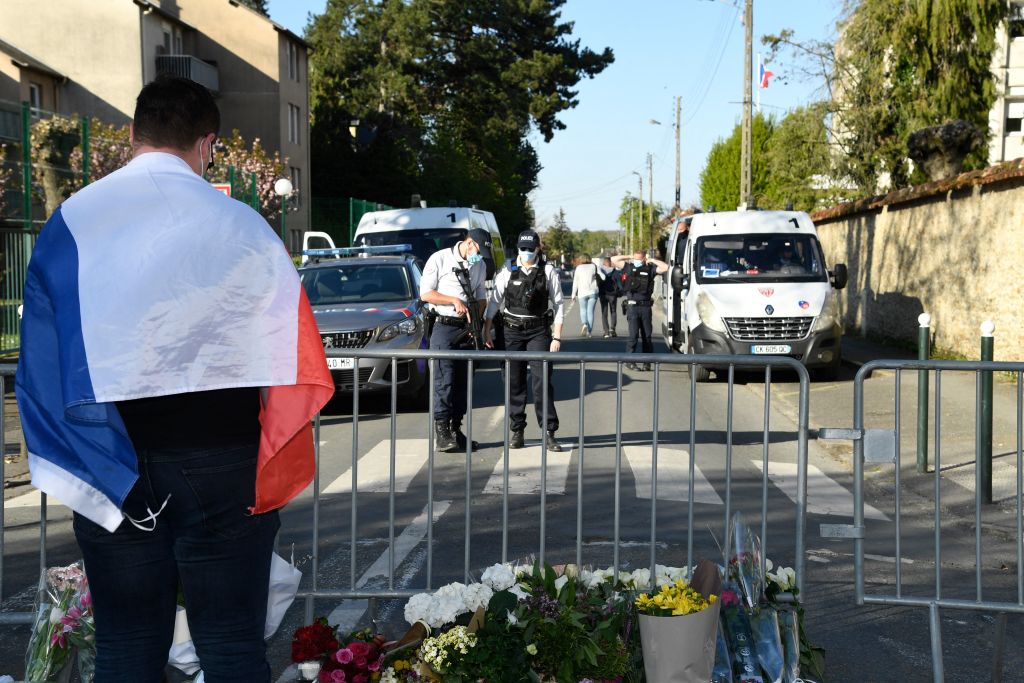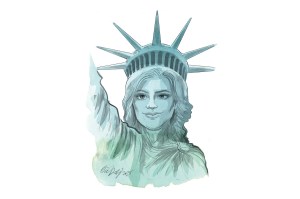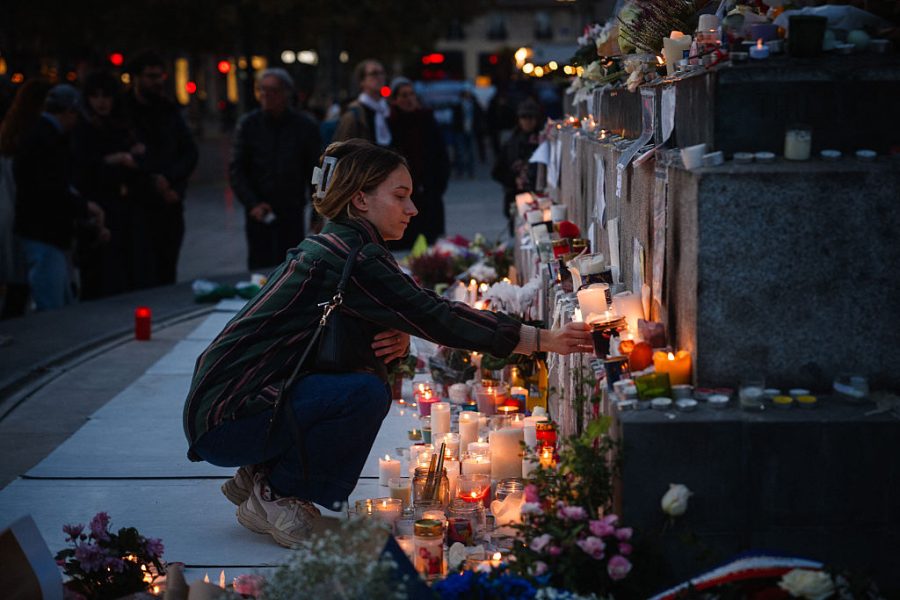A political storm has swept France in recent days. It follows the publication of an open letter by 20 retired generals to Emmanuel Macron. In their declaration, originally published on an obscure website and then reproduced in conservative magazine, Valeurs Actuelles, the officers warned that Islamist terrorism was pushing France towards civil war.
The reaction among the political class was predictable. Marine Le Pen invited the signatories (1,000 in total) to join her National Rally party, while the government condemned the letter as ‘irresponsible’. It promised action if any serving soldiers or gendarmes have put their name to to it.
Some on the left want a criminal investigation launched, accusing those behind the letter of ‘provocation and disobedience’. Jean-Luc Mélenchon, the leader of the far-left France Insoumise, had been particularly outspoken, describing the letter as an ‘insurrection’ that must be punished. This is the same Jean-Luc Mélenchon who in 2018 at the height of the Yellow Vest protests tweeted:
‘The Revolutionary Constitution of 1793 states that insurrection was a right. And even a duty. Such is the temperament of the French people.’
The controversy has detracted from the message of the letter, which, in fact, is nothing new. Five years ago, the then head of the Internal Security Agency, Patrick Calvar, also raised the specter of civil war. And in 2018, minister of the interior, Gérard Collomb, conjured a bleak vision of the future if France didn’t regain control of its inner-cities from the Islamists and drug lords. He then promptly resigned his post.
The inconvenient truth is that France has indeed been at ‘war’ for many years. The then-president, Francois Hollande, said as much in an address to Congress in 2015, days after Islamists had slaughtered 130 people on the streets of Paris.
It’s a guerrilla war, that of the materially weak against the materially strong. This is the war that the Islamists want to fight against a people it believes are as spiritually fragile as they are ferocious. A civil war, after all, would be a brief conflict. The police and the military would not be fighting among themselves, but against a few thousand extremists armed with an assortment of small arms and Molotov cocktails.
But the letter from the retired officers was a cri de coeur that France is losing this guerrilla war. President Macron has been bold in standing up for Republican values in recent months, particularly in defending freedom of expression. But he is as helpless as his predecessors in eradicating the violence and mayhem that is seen on French streets every week.
In recent months, Tunisians, a Chechen and a Pakistani man have carried out terror attacks on French soil. France is in danger of becoming what Afghanistan was in the 1980s and Bosnia in the 1990s: a battleground for Islamist fighters from around the world.
But taking back control of the borders won’t be enough. Some of the extremists are born and bred Frenchmen and women, even if they hold everything the Republic stands for in contempt.
Intelligence has improved enormously in recent years — 35 terror attacks have been thwarted in the last four years — but how can you stop a man with no previous connections from carrying out an attack with a knife? You can’t. So the guerrilla war will continue and military men will become ever more exasperated.
These are dangerous times for France, as Michel Houellebecq predicted in his 2015 novel, Submission. When Macron came to power two years later, he offered a more upbeat vision of the future, that of transforming France into a start-up nation. But Houellebecq turned out to be right. France is breaking down.
This article was originally published on The Spectator’s UK website.

























